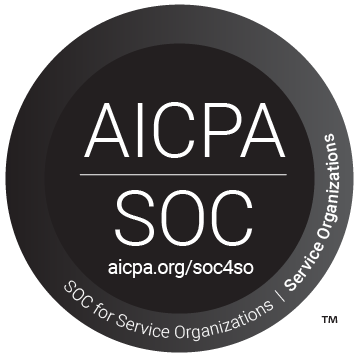The pandemic saw countless great restaurants shut their doors for good; now the ones that survived face a number of uphill battles, most importantly recruiting and retaining enough talent. According to recent data, the hospitality industry is still short roughly 500,000 employees from 2020 numbers—it’s clear that as other industries have recovered from the pandemic, the restaurant industry has not.
While it would be easy to place all the blame on the pandemic, there are other factors at play. The industry as a whole has transformed dramatically over the past decade thanks to changes that reflect the larger job market as a whole: namely, a new generation of workers calling for higher wages; a post-pandemic desire for greater work-life balance; and the gigification of work driving the demand for more flexibility and autonomy across every industry.
It’s created a perfect storm for being perpetually short-staffed—and restaurant owners and managers are feeling the frustration. Trying to incentivize people to stay loyal has proven harder than ever, but that doesn’t mean there aren’t strategies worth trying. Hear from three industry professionals on how they’re dealing with the labor shortage and how it’s affecting their daily operations.
“Great help is gold today in our industry" - Tim Mahoney, Owner, Loon Cafe
Tim Mahoney, owner of the Loon Cafe in downtown Minneapolis, notes that a labor shortage affects the entire chain of command at a restaurant, often forcing managers to spend less time doing what they need to do to grow the business and more time on other people’s jobs.
“Myself and the management team tend to be working more in the business than on the business. What I mean by that is we’re cooking, waiting tables, bartending, or hosting. That’s taking us away from management duties, research and development, menu updates, social media, and the general running of a small business.”
Mahoney says he takes a number of different approaches to get talent to stay. “Paying higher wages, health benefits, paid vacations, you name it. We also try to also create a work space that is not only financially secure but also provides a safe and enjoyable experience. We’re constantly fighting the poaching of help—great help is gold today in our industry.”
“When you’re understaffed, the risk of burnout for everyone is much greater.” - Frederick Noble, General Manager, Hope Breakfast Bar
As General Manager for Hope Breakfast Bar in St. Louis Park, Frederick Noble has dealt firsthand with staffing issues related to the talent shortage.
“I’ve hired four hosts in the past week and two of them didn’t show up. No call/no show has become very common, and for certain positions that means there aren’t replacements, meaning it’s harder to shuffle people around if someone is sick or something because there aren’t any backups.”
Noble says he doesn’t want his current staff to get overworked or for morale to decrease—something he knows can easily happen if there isn’t enough work/life balance.
“When there aren’t enough people to properly staff a restaurant, there’s more pressure on the current employees. You risk burnout more easily, and that’s something that has to be watched.” Because of this, Noble takes a strategic look at the schedule each week to ensure shifts are fairly balanced.
While he mentions that his company also has a referral program built to incentive employees, he says the labor shortage has made it harder to meet that criteria. “An employee has to work for 60 days in order to meet the criteria, but there’s so much turnover it’s become difficult to achieve.”
“The people who used to work in restaurants have gotten new jobs. They’ve all moved on” - Alex Sirigu, GM of Atwood’s Tavern, Cambridge, Mass.
As the Washington Post points out in their in-depth article on staffing shortages in the service industry, many service professionals abandoned the restaurant industry during the pandemic and haven’t looked back. Because of this, the next generation has become more crucial than ever in shoring up the industry’s talent pool.
Alex Sirigu, who manages Atwood’s Tavern in Cambridge Massachusetts, notes that almost all of the recent applicants he’s interviewed have been new to the industry. “It’s mostly younger people, entry-level applicants who are fresh graduates or high school students. We’re having to start from scratch.” Where their restaurant could once recruit exclusively through word of mouth, they now post openings online on any platform they can, in addition to raising wages and changing closing times to make the job more attractive to potential candidates.
Bethany Lucas, restaurant industry veteran and current Director of Events and Marketing for KYU Restaurants, echoes this sentiment in her recent interview in Bar & Restaurant News. “It’s incredibly hard to find quality employees right now. I believe this is due to a lot of people leaving the industry during COVID. We all had to get creative and find other sources of income with restaurants being closed and having to limit their capacities when we could reopen.”
Fighting Burnout, Promoting Loyalty
At the end of the day, the restaurant industry’s labor shortage ultimately affects the customer—and when it affects the customer, it affects revenue. Though there are many pieces of the puzzle, investing in your talent pool and taking steps towards motivating them to stick with you is one of the best things you can do. Some of the strategies discussed here—from higher pay to referral bonuses and other perks—are a strong step in the right direction. Prioritizing faster payments and instant, cashless tips are other ways to incentivize your workforce, promote loyalty, and solve staffing shortages at your restaurant.











